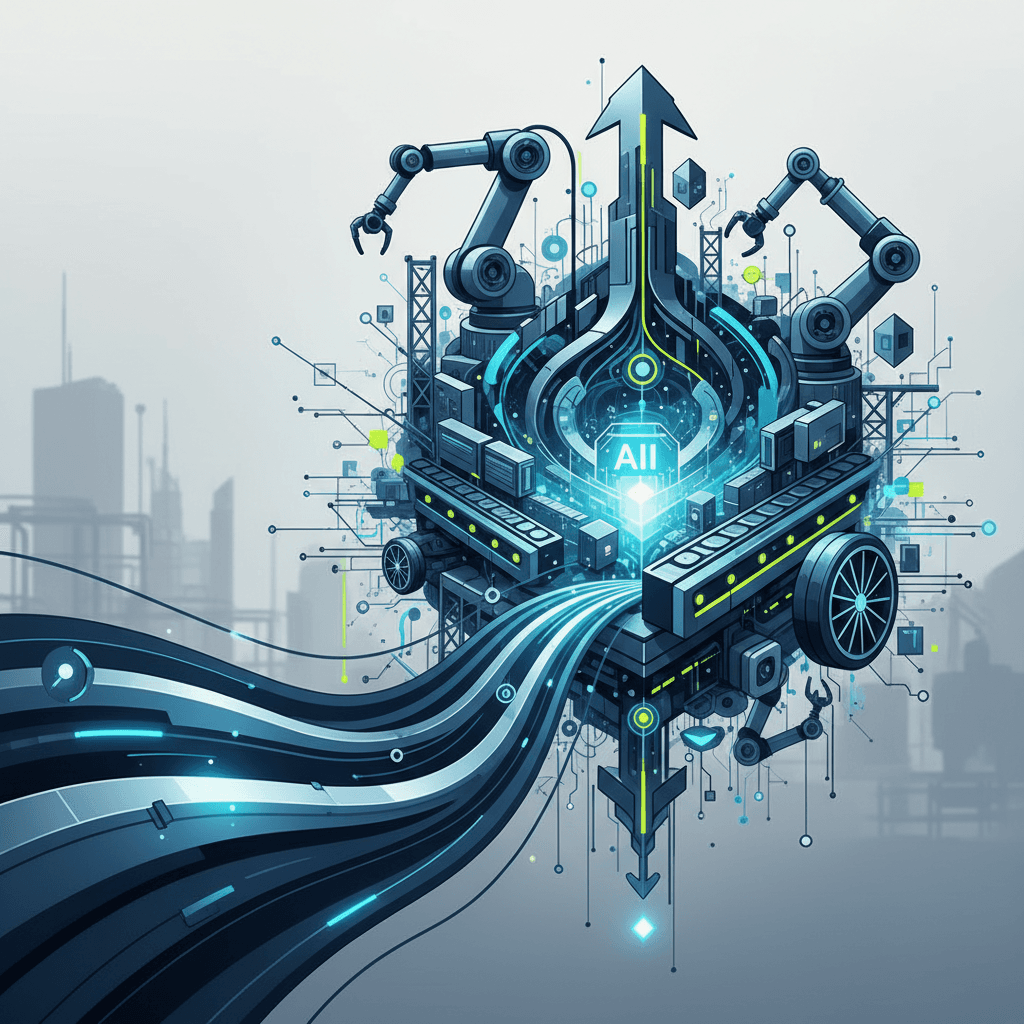Japanese Funds Rs 7,500 Cr, Converging Karnataka's AI and Manufacturing
Fueling high-value manufacturing and clean mobility, this Rs 7,500 crore investment leverages Karnataka's AI ecosystem.
September 11, 2025

A significant influx of Japanese capital is set to bolster Karnataka's industrial landscape, reinforcing the state's growing reputation as a premier destination for high-value manufacturing and innovation. A cohort of 15 leading Japanese enterprises has pledged investments totaling approximately Rs 7,500 crore, targeting key sectors such as electric vehicles (EVs), steel, and industrial automation.[1][2][3][4] This wave of investment signals a deepening of economic ties between Japan and India and is poised to accelerate Karnataka's development, creating jobs and fostering technological advancements across the region.[3][5] The move aligns with a broader trend of global companies diversifying their supply chains and viewing India, particularly states with robust infrastructure and investor-friendly policies like Karnataka, as a critical manufacturing hub.[6][4][7]
The investments are headlined by major players in the automotive sector, underscoring a strategic focus on the burgeoning electric vehicle market. Toyota Kirloskar Motor has committed the largest share, with an investment of Rs 3,748 crore.[1][3] This is supplemented by significant contributions from its affiliates, including Toyota Kirloskar Auto Parts and Toyotetsu India Auto Parts, each committing Rs 450 crore.[1][2] Further strengthening the EV component ecosystem, JFE Shoji Corporation confirmed a Rs 400 crore project to manufacture motor cores for battery electric vehicles, a critical component for the EV industry.[8] Honda Motorcycle & Scooter India has also signed a Memorandum of Understanding (MoU) for a future investment of Rs 600 crore.[1][2] Beyond the automotive sphere, the commitments span industrial automation and advanced technology, with NIDEC Industrial Automation India planning a Rs 600 crore investment and Mitsubishi Heavy Industries pledging Rs 107 crore.[4][9] The steel sector will also see a major boost, with the Sumitomo Group reaffirming its Rs 2,345 crore plan for a greenfield steelmaking facility in Koppal through its joint venture.[8][10] In another significant steel-related partnership, JSW Steel has entered a joint venture with Japan's JFE Steel Corporation to invest Rs 5,500 crore in a grain-oriented electrical steel production facility in Bellary, a product crucial for the country's energy infrastructure.[11][12]
This infusion of capital is strategically aligned with Karnataka's ambitious policy initiatives designed to cultivate a future-ready industrial environment. The state government's recently unveiled Clean Mobility Policy 2025-30, which aims to attract Rs 50,000 crore in investments and create one lakh jobs by 2030, provides a fertile ground for these EV-focused investments.[13][14] The policy offers a range of incentives, including exemptions on road tax and registration for EVs, subsidies for R&D, and the establishment of dedicated clean mobility clusters in Gauribidanur, Dharwad, and Harohalli.[13][14] By facilitating the entire EV manufacturing value chain—from battery production and recycling to vehicle assembly—the state is positioning itself as Asia's leading hub for clean mobility.[13] Furthermore, high-level discussions between Karnataka state officials and Japanese diplomats have emphasized deepening bilateral economic cooperation, fostering technology exchange, and accelerating industrial expansion.[1][4] A key MoU was also signed with the Organisation for Small and Medium Enterprises and Regional Innovation, Japan (SMRJ), aiming to stimulate innovation and create seamless collaboration between SMEs from both nations, ensuring that the benefits of this investment wave permeate various levels of the industrial ecosystem.[1][2][5]
The implications of these manufacturing investments extend deeply into Karnataka's thriving technology sector, particularly in the realm of artificial intelligence. Modern manufacturing, especially in the EV and semiconductor sectors, is inextricably linked with AI, automation, and data analytics. The establishment of these advanced production facilities will necessitate a workforce skilled in AI-driven process optimization, robotics, and quality control, creating a powerful synergy between the state's industrial and IT prowess. Bengaluru, already recognized as India's AI capital and a global tech hub, is perfectly positioned to support this transition.[15][16][17] The city hosts a dense ecosystem of AI talent, with over 400 Global Capability Centres (GCCs) and a vibrant startup culture driving innovation.[18][16] The investment by Hitachi Construction Machinery to establish a Global Competency Center plant in Dharwad is a testament to this trend, creating a hub for advanced technological development.[1][2] This convergence is also evident in the semiconductor space, with Japanese equipment maker Tokyo Electron establishing a new development hub in Bengaluru to focus on discovering new materials and improving production efficiency through software development and simulation.[19] The Karnataka government is actively fostering this link through initiatives like the Nipuna Karnataka program, which focuses on skilling the youth in emerging technologies like AI and machine learning to meet the demands of these future-ready industries.[16][17]
In conclusion, the substantial investment pledges from Japanese corporations represent a pivotal moment for Karnataka's economy. This is not merely a financial endorsement but a strategic partnership that validates the state's long-term vision of becoming a global manufacturing powerhouse. By attracting capital into future-critical sectors like electric mobility and advanced manufacturing, Karnataka is ensuring its economic relevance and competitiveness on the world stage. The integration of these new industrial projects with the state's formidable AI and technology ecosystem promises to create a virtuous cycle of innovation, employment, and sustainable growth. As these investments materialize, they will undoubtedly fortify India's supply chains, enhance its industrial competitiveness, and solidify Karnataka’s position as the preferred destination where high-value manufacturing and cutting-edge artificial intelligence converge.
Sources
[6]
[9]
[10]
[12]
[13]
[14]
[15]
[16]
[18]